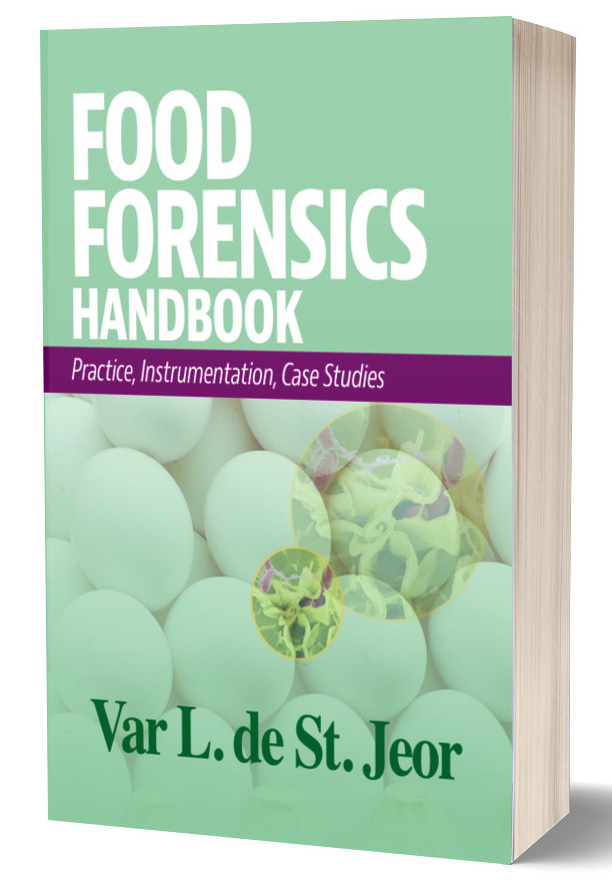CFIA’s GeneSeekR Program Identifies Specific Strains of Foodborne E. Coli, Possible Severity of Illness

Image credit: THAVIS 3D via Unsplash
The Canadian Food Inspection Agency (CFIA) recently highlighted a new rapid tool called GeneSeekR that can confirm if Escherichia coli detected in food samples can cause illness in humans. The technology was made possible by the Government of Canada's Genomics Research and Development Initiative (GRDI).
Developed by CFIA Research Scientist Burton Blais, M.Sc., Ph.D., GeneSeekR combines next generation sequencing technology with bioinformatics to provide a detailed picture of genomic DNA isolated from E. coli found in food samples. The technology can provide results in a matter of hours, including the time it takes to complete the initial sequencing.
GeneSeekR’s algorithms seek out the genetic markers that will confirm whether the pathogen is Verotoxigenic E. coli O157:H7 (VTEC), which can cause serious cases of foodborne illness, or a less harmful strain of E. coli. The tool can also give an indication of the severity of the illness that the pathogen under its analysis can cause.
The level of genetic detail about bacteria provided by GeneSeekR enables a new degree of precision in responding to an incidence of E. coli contamination in food. For example, in the case of contaminated produce, rather than issuing a precautionary recall of all implicated crops across a vast area, contamination can be traced to an individual farm, which could limit both the food safety risk and economic impact of an incident.
GeneSeekR is also adaptable, with the ability to load new markers for other VTEC characteristics into the program as they are identified. The technology is being used to analyze VTEC samples for markers that indicate antimicrobial resistance (AMR) under the Canadian Action Plan on AMR and Antimicrobial Use, for example.
Looking for a reprint of this article?
From high-res PDFs to custom plaques, order your copy today!






